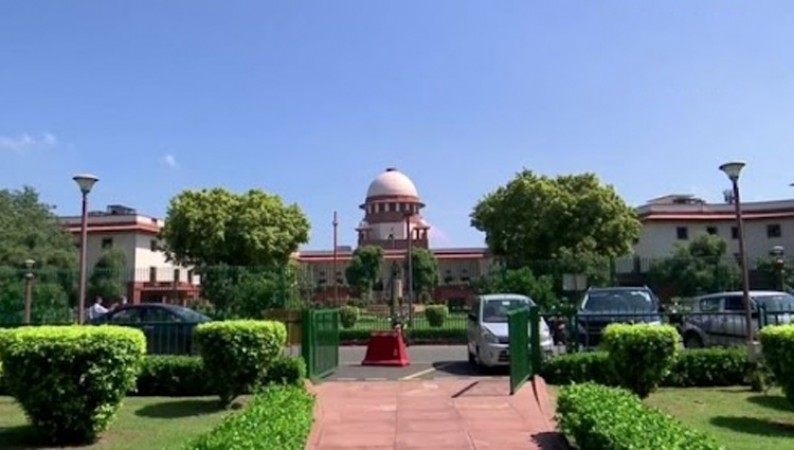
New Delhi: Vijay Hansaria, a senior advocate providing assistance to the Supreme Court in a case regarding the expeditious handling of legal proceedings against Members of Parliament (MPs) and Members of Legislative Assemblies (MLAs), has submitted a comprehensive report urging the court to consider a permanent ban on convicted MPs and MLAs from participating in future elections. Hansaria, who serves as an amicus curiae, asserts that this crucial issue should be decided by the highest court.
In his 19th Report titled 'Efficient Disposal of Criminal Cases Involving Elected Representatives (MPs/MLAs),' Hansaria contends that "MLAs and MPs convicted of an offense should be permanently barred from contesting elections" as the current provision, which disqualifies them for only six years following their release, lacks a logical connection with the objective of disqualifying them from legislative membership. He argues that this approach is inherently arbitrary and violates Article 14 of the Constitution.
Hansaria's report comes in response to a cluster of petitions filed in the apex court in 2016, seeking swift resolution of cases within trial courts. Over the past several years, the court has issued a series of orders aimed at expediting these cases, including the establishment of special courts in every district nationwide and the oversight of these cases by state high courts.
The report by Hansaria highlights the alarming backlog of cases involving MPs and MLAs, with more than 40% of the 5,175 pending cases, totaling 2,116 cases, pending for over five years.
Arguing for a permanent disqualification of MPs and MLAs upon conviction, Hansaria points out that Section 8 of the Representation of Peoples Act, 1951, currently provides for disqualification for only six years following the release of the convict. This means that even individuals convicted of serious offenses such as rape, drug-related crimes, terrorism, or corruption can potentially contest elections after serving this relatively short disqualification period.
Hansaria suggests that several statutory bodies established under various legislations, such as the Central Vigilance Commissioner, Lokpal and Lokayukta, Chairman and members of the Unique Identification Authority, Chairman and members of National and State Human Rights Commissions, and others, already have provisions for permanent disqualification or removal from their respective positions upon conviction for offenses involving moral turpitude.
He concludes by asserting that there is no rational connection between the current six-year disqualification period and the goal of preventing convicts from becoming legislative members. He contends that the provisions of subsections (1), (2), and (3) of Section 8, which state that a person "shall continue to be disqualified for a further period of six years since his release," are inherently arbitrary and violate Article 14 of the Constitution.
WB Governor Vows to Eliminate Corruption Violence from State Universities Amid Controversy
Prominent Figures Petition CJI to Address Udhayanidhi Stalin's Critique of Sanatan Dharma